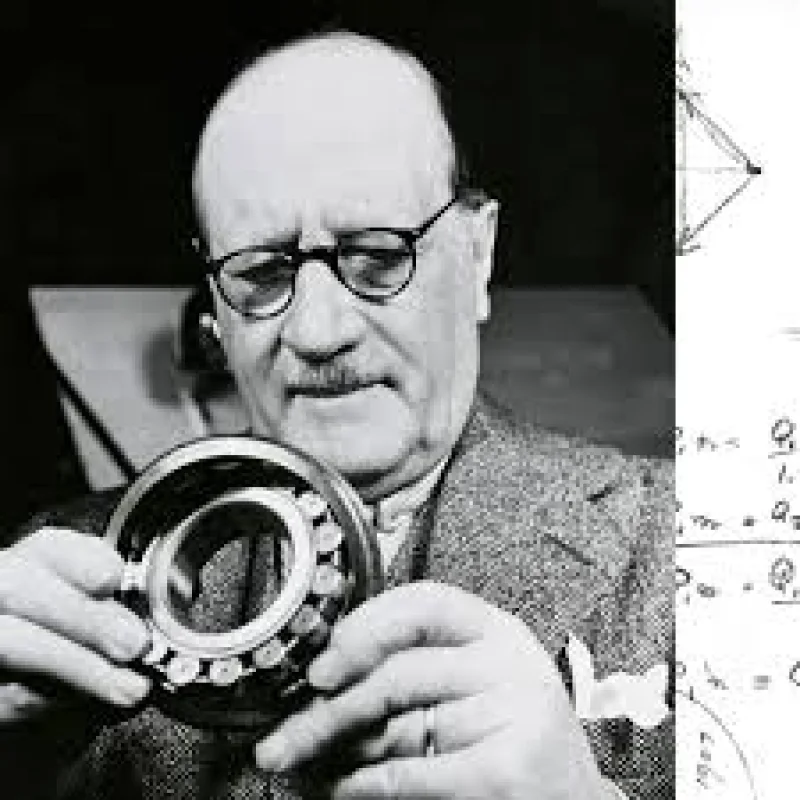Short Summary
Hermann von Helmholtz was a renowned German physicist and physician known for his groundbreaking contributions to multiple fields, including physiology, optics, and thermodynamics. He is credited with formulating the principle of conservation of energy and made significant advancements in understanding human vision and hearing. Helmholtz's work has had a lasting impact on both science and medicine, establishing him as a foundational figure in the development of modern scientific inquiry.
Early Life & Education
Hermann von Helmholtz was born on August 31, 1821, in Potsdam, Prussia, to a family with a strong academic background. His father, a teacher of philosophy and literature, influenced young Hermann's intellectual development. Helmholtz showed an early interest in science and mathematics, leading him to pursue medical studies. He attended the Friedrich Wilhelm Institute in Berlin, where he graduated with a medical degree in 1843. His education was grounded in rigorous scientific principles, which laid the foundation for his future interdisciplinary work.
Career Highlights
Helmholtz began his career as an army surgeon but soon transitioned to academia, taking a position as a professor of physiology at the University of Königsberg in 1849. His work on the conservation of energy principle, published in 1847, marked a pivotal moment in his career. He later held prestigious positions at the universities of Bonn and Heidelberg and became the founding director of the Physico-Technical Institute in Berlin. Throughout his career, Helmholtz was known for his innovative research in physiology, optics, and acoustics.
Major Achievements
- Formulated the conservation of energy principle, which became a cornerstone of modern physics.
- Invented the ophthalmoscope, revolutionizing the field of ophthalmology by allowing the examination of the retina.
- Developed the Helmholtz resonance theory, explaining how sound waves interact in cavities.
- Contributed to the understanding of electromagnetism and thermodynamics through his research and publications.
Famous Quotes
- "The most successful scientific theory is one that can predict new phenomena."
- "The eye has a remarkable ability to adapt to changing light conditions."
Interesting Facts
- Helmholtz was initially trained as a physician before transitioning to physics and engineering.
- He was a contemporary and friend of several famous scientists, including Rudolf Virchow and Robert Bunsen.
- His work laid the groundwork for future developments in acoustics and the study of musical tones.
- Helmholtz's research influenced the design of early telephones and audio equipment.
Legacy / Influence
Hermann von Helmholtz's work laid the foundation for numerous scientific advancements, particularly in the fields of energy conservation, optics, and acoustics. His interdisciplinary approach influenced generations of scientists and engineers, cementing his legacy as a pioneer who bridged the gap between physics and physiology. Helmholtz's contributions continue to resonate in modern science and technology, underscoring his enduring impact.
FAQ
Q: Why is Hermann von Helmholtz famous?
A: He is famous for his contributions to the conservation of energy principle, as well as advancements in optics and acoustics.
Q: What was one of Hermann von Helmholtz's inventions?
A: He invented the ophthalmoscope, a tool for examining the retina.
Q: What fields did Helmholtz contribute to?
A: He made significant contributions to physiology, physics, and engineering.










